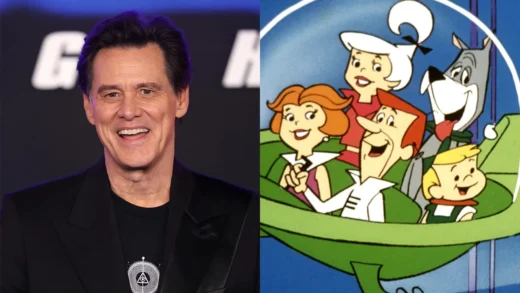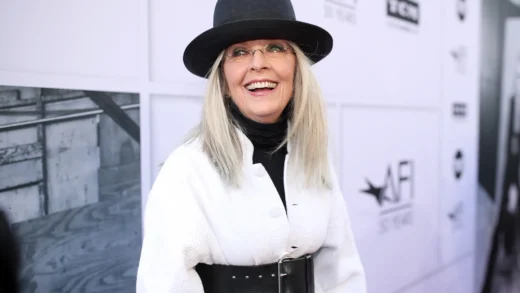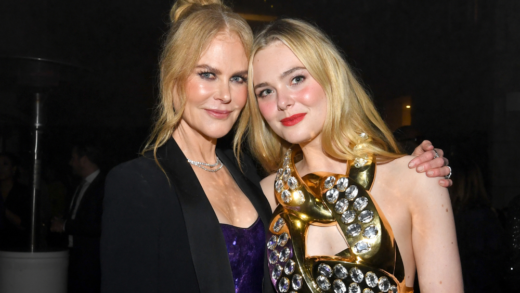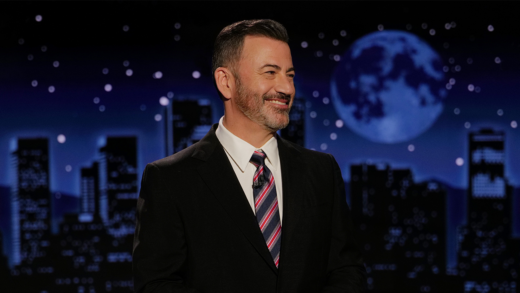Hollywood studio executive and producer Jill Messick died on Wednesday by what her family said was suicide. She was 50.
The family said in a lengthy statement that Messick had battled depression, “which had been her nemesis for years.” But the family also lashed out at Harvey Weinstein and Rose McGowan, saying that Messick had become “collateral damage” in the movement that has arisen after multiple allegations of sexual misconduct by Weinstein were reported.
Messick executive-produced films including “Baby Mama,” “Mean Girls,” “Hot Rod” and “She’s All That.” Tina Fey, the writer of “Mean Girls,” told Deadline that Messick was “instrumental in helping ‘Mean Girls’ get to the screen. She was a fiercely dedicated producer and a kind person.”
Messick was McGowan’s manager in 1997 when, the actress says, she was raped by Weinstein.
In January, Weinstein’s lawyer published emails from Messick and Ben Affleck and said they proved McGowan’s accusations were a “performance.” McGowan responded on Twitter that her managers, publicists and assistants were all complicit in what had happened to her.
“Seeing her name in headlines again and again, as part of one person’s attempt to gain more attention for her personal cause, along with Harvey’s desperate attempt to vindicate himself, was devastating for her,” the statement said.
The statement also said Messick “chose to remain silent in the face of Rose’s slanderous statements against her for fear of undermining the many individuals who came forward in truth,” but “now that Jill can no longer speak for herself, it’s time to set the record straight.”
The reaction to the family’s statement has been divided on social media, with many lashing out at Weinstein and McGowan, but others pointing out that depression is a complicated illness and that the reasons behind suicide are rarely simple.
(Excerpt) Read More in: Los Angeles Times




